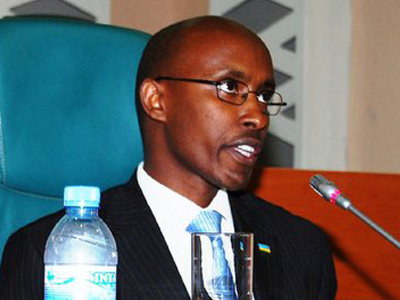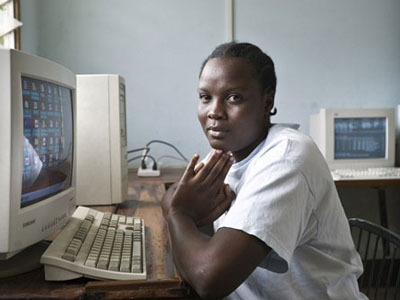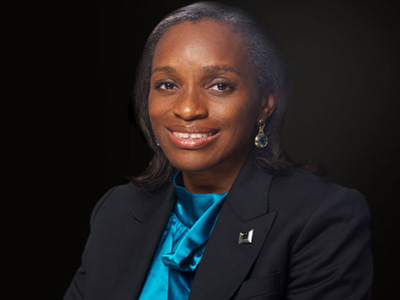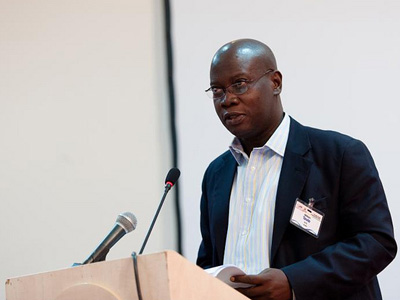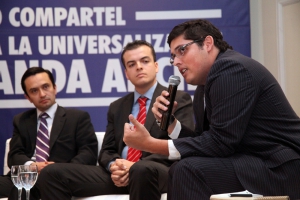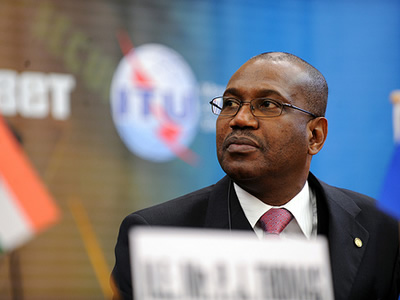 The International Development Research Centre (IDRC) and the Centre for Development Informatics (CDI) at the University of Manchester released a case study prepared by Dr. Blane Harvey and Dr. Tom Mitchell entitled “ICT-Enabled Knowledge Sharing in North-South Partnerships: Lessons from the AfricaAdapt Network.”
The International Development Research Centre (IDRC) and the Centre for Development Informatics (CDI) at the University of Manchester released a case study prepared by Dr. Blane Harvey and Dr. Tom Mitchell entitled “ICT-Enabled Knowledge Sharing in North-South Partnerships: Lessons from the AfricaAdapt Network.”
The AfricaAdapt Network is a knowledge-sharing network on climate change adaptation in Africa that was established in 2008 in collaboration with Environment and Development in the Third World (ENDA-TM) (Senegal), the Forum for Agricultural Research in Africa (FARA) (Ghana), IGAD Climate Prediction and Applications Center (ICPAC) (Kenya), and the Institute of Development Studies (IDS) (U.K.). The case study states that an online network such as AfricaAdapt can “help to build a community of practice around climate change adaptation, validate adaptation processes and information, offer users a sense of potential options and outcomes from adaptation actions, based on others’ experiences, as well as space to document their own experiences.” It is open to researchers, policy makers, civil society organizations, and communities throughout Africa, allowing new connections to be formed across disciplines such as geography, science, and disaster management. A key premise of the AfricaAdapt network is that “knowledge on climate change adaptation is often poorly documented and rarely shared in forms that are accessible to those who need it the most.”
AfricaAdapt encourages communication among active groups through key technologies such as Skype, wikis, Delicious, Twitter, YouTube and email. Benefits to the initiative include institutional capacity-strengthening through the usage of such online tools that allow for management and implementation between the hosting partners and the learning of ICTs for internal management. Hence, it forms a connection between international and locally generated knowledge on responding to climate impacts in Africa.
The network’s operating principles involve:
- being demand responsive in how it selects and translates adaptation information;
- building alliances and partnerships that maximize the benefits of knowledge sharing and promote visibility with diverse stakeholders;
- addressing capacity constraints to knowledge access, sharing and use; and
- demonstrating the added value of a culture of knowledge sharing
Examples of projects carried out through this initiative includes rural radio and video broadcasting and applying learning on rainwater harvesting from another African initiative (available on the AfricaAdapt website) in 20 villages in Malawi.
Concerns of the project include a general lack of bandwidth, limiting communication to being mainly text-based. It was also difficult to implement wikis among managing partners, as there was resistance towards adding another layer of navigation for accessing documents. Therefore, such steps must be implemented strategically. Network partners must be willing to learn and experiment by “regularly reviewing existing approaches, document and learn from successes and failures, and adopt new approaches where existing ones are not satisfactory.”
The takeaway message from the case-study is that openness, participation, institutional hierarchy, and connectivity across partners is the key formula for a successful deployment of ICTs. This strength and effectiveness leads to experimental learning, innovation, and reflective practice that moves beyond the core towards broader membership of the issue.


